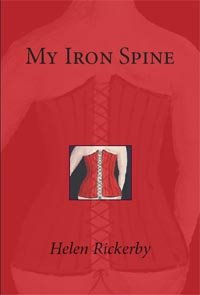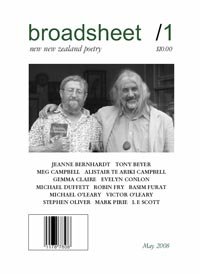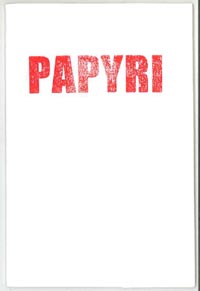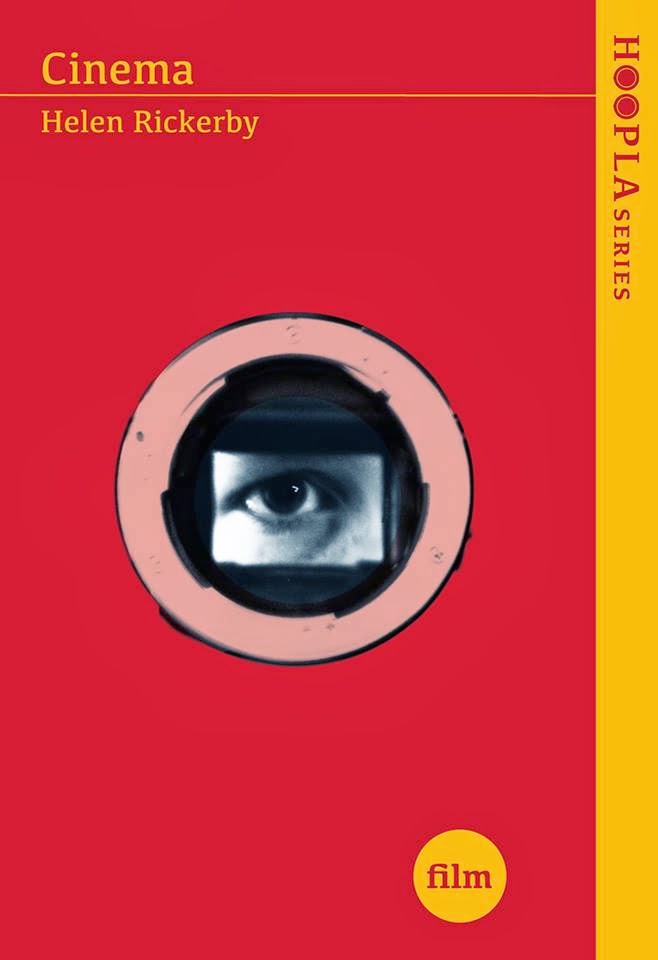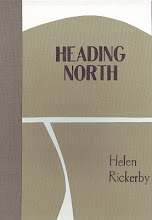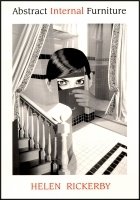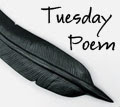They’re all blogging about it. It’s the controversy of the decade. Or perhaps of the year. In New Zealand. Among bookish types. Who pay attention to local literature. Ok, so maybe a storm in a teacup, but that’s still quite a storm for the folks in the teacup.
So, basically what’s happened is that the judges for this year’s
Montana Book Awards have shortlisted only four books in the fiction category, rather than the usual five.
Various writers and other book people are up in arms. That’s one fewer novel or short story collection that will have one of those little gold shortlisted stickers on the cover, which means one fewer book that will sell more copies than it otherwise might. One fewer writer who will get the recognition boost and general validation that shortlisting would bring.
But the fuss really got going when one of the judges said ‘While there were other great books [nominated], we did not want to dilute the Montana sticker by promoting a fifth.’ As you might expect, that rather p’d a whole bunch of people off.
You can read more about it in
Paula Morris’s really interesting article in the Listener, and also on her
blog; on
Beattie’s Book Blog, where he describes the furore as a ‘major blunder, and a PR disaster’ (it’s also worth reading the comments, where various literatti-about-town have a bit of an argue). Over on
McGovern Online, Paul Reynolds isn’t so opinionated about this particular controversy, but he’s spitting that Hamish Keith’s book-of-the-
TV-series Big Picture was shortlisted in the non-fiction category.
I’ve been having a bit of a think about all of this over the last few days, and while I can understand why people are upset, I also think we should should leave the judging to the judges. Actually, that isn’t what I think at all – I think we should all keep judging to our heart’s content, but I accept that these judges have been selected to decide what they think should win this year.
But anyway, it also got me thinking about book awards, why we have them, what we want from them, and what they actually do. So I’m going to have a bit of a go at unpicking some of this, but don’t expect anything too incisive because it is, after all, Sunday morning.
I think what we want from awards is some kind of omnipotent and definitive judgement of what is the best book of the year. And we want to reward that book, and it’s writer, with attention, admiration and increased sales.
Many problems with that obviously – including the lack of omnipotent force to judge the awards, and the lack of a definitive standard – what the best book is will being very much down to taste. I assume the judges are selected because they are seen to be people with knowledge about books and local literature. Being human, they will come along with their own tastes, preconceptions and biases, which will inevitably affect their decisions. They will try and be fair and pick and reward the books they collectively consider the best books of the year, of a certain ‘literary’ sort. We hope that the judges’ tastes will mirror our own, but it will be a fluke if it does.
(There's no room for general or genre fiction really, and I was kind of astounded that Paula Morris knew/thought 'there was no chance of
Trendy But Casual getting on the shortlist ... It’s a comedy set in New York, which involved the three Rs – romance, reality TV, and Rapstallion, a rap star with a pink-maned horse, who appears in a hip-hopera called “Mary Rappins.” It’s hardly a novel that screams NEW ZEALAND’S PREMIERE LITERARY AWARD.' Surely subject matter shouldn't prevent it being considered, but she's probably right.)
If we’re a writer, we’d hope (most likely) that the judges will pick our book, because it will validate us and our work, make us feel appreciated, make our work known to a wider range of readers, and will hopefully prove once and for all to our families that we are useful members of society (should clarify that I don’t think my family needs such proof).
Publishers (and, let’s admit it, writers) hope that our authors will be picked because it will make the book sell better. Also it will make people think we’re a good publisher for being smart enough to back such a writer.
Readers sometimes look to awards as a guide of what they should read, what’s good. This made me wonder whether many ‘classic’ novels (I guess I mean ones which have stood the test of time and are generally considered great) won any awards. I know some books I consider important, such as
Lolita and
Ulysses, had quite a lot of trouble actually getting published in the first place, so I’d be surprised if they got awards at the time.
But I guess the thing I like about awards is that they put a little spotlight, for a little while, on literature. And to be honest I think this controversy is good, because it’s doing that too – making people a little bit aware of local writing.
